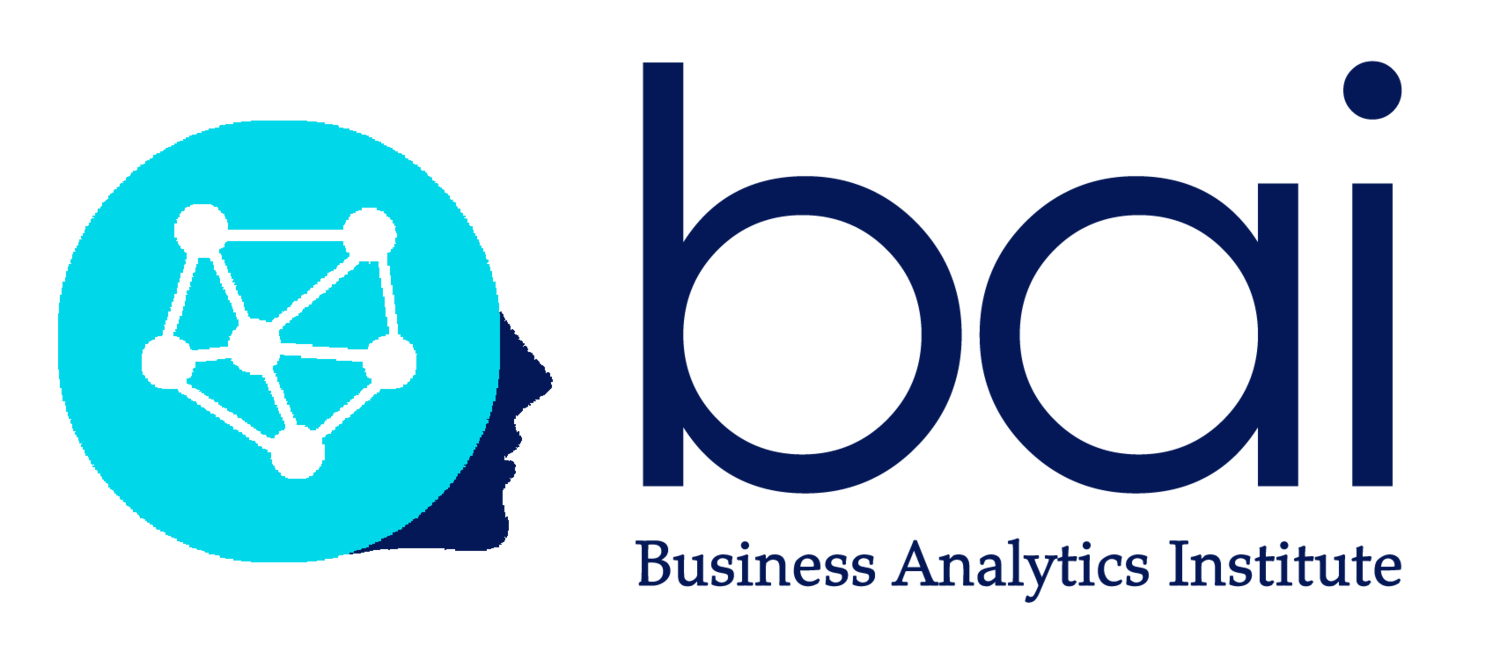As a manager in 2019, what will you really need to know about AI?
“Trying to predict the future is like trying to drive down a country road at night with no lights while looking out the back window.” ― Peter Drucker
Peter Drucker's long career predates artificial intelligence. During his lifetime, leadership was all about people, while the data sciences were confined to coding machines. His seminal papers on management were essentially about applying the lessons of the past to exploit current market opportunities. Artificial Intelligence has potentially changed everything: both blurring the lines between human and mechanical processes and shifting the managerial focus from studying best practices to influencing consumer behavior. As a manager in 2019, what will you really need to know about Artificial Intelligence?
The business value of artificial intelligence is linked to its potential to lower the costs of variability in your organization and/or prediction in your market. Today, “narrow” AI applications can execute planning, organizing and budgeting tasks more quickly and accurately than a manager ever could. Tomorrow, “broad” AI applications will provide multi-task, multi-domain services that will shake the foundations of companies and markets. In the foreseeable future “general” AI will integrate the cognitive abilities of perception and reasoning that may effectively change the way we think about work.
Managers trying to ignore such simple truths are effectively driving down unlit roads with their eyes firmly fixed on the past. PwC predicts that the implementation of AI will eliminate between 20 and 40% of current employment opportunities.[1] AI applications are already leveling the field of management by putting reinforced learning, robotics, computer vision and natural language processing into the hands of independent contractors as well as multinational corporations. Whether or not you venture to look at the road that lies ahead, management will never be the same.
One truth can none-the-less hide another. Customers and stockholders don’t think, decide or act on the facts, but on perceptions of the data. The fundamental managerial activities of establishing vision, building communities and motivating people are an inherently human activities. Competitive advantage in the future won’t come from either the data or algorithms of AI, but from managers gaining and nurturing the trust of their business communities.
What skills does a manager need to develop to take advantage of AI? Managers will not be writing code but defining and evaluating the direction and adoption rate of AI inside their businesses. They will need to think about what might be happening and ask themselves how can experiments test if it’s true. Managerial talent will increasing be defined around judgement related skills: mentoring, motivating and taking ethical positions. Management will focus on developing operational processes that optimize teams of judgement-focused employees and prediction-focused AI agents.
As we are jumping at opportunities to invest time and money in Data Science platforms, we may very well be missing the bigger picture. Data is nothing more than a set of answers waiting for managers to ask the right questions. Algorithms can find patterns in the data, but they can’t interpret their significance. Induction, deduction and abduction will remain at the heart of managerial decision-making. If machine learning is designed to look for similarities in datasets, talented managers will continue to focus on the significance of the exceptions (outliers) in operational processes.
Finally, neither managers nor data scientists operate in a vacuum, but in concertation with both their colleagues and customers. For artificial intelligence to have a large impact, managers must create AI-data ready ecosystems. Recruiting collaborators with analytical states of mind is a must - as Prof. Tomo Noda recently suggested "Only good people can create good AI."[2] A manager's bread and butter will come from creating working environments in which his colleagues, business partners and employees use data to meet their business challenges. Since the most valuable data is often beyond the borders of one's own organization, encouraging a responsible use of customer data will be high up on their agenda. In the foreseeable future, as in the past, managerial performance won't be evaluated on what he or she does behind a computer, but rather what they are able to produce in front of their colleagues and customers.
We will be exploring these arguments, and providing real world examples of each, in our complimentary webinar on "Artificial Intelligence for Management. " The practice of business analytics is the heart and soul of the Business Analytics Institute. In our Summer Schools in Bayonne and in Boston, as well as in our Master Classes throughout Europe, the Business Analytics Institute focuses on digital economics, managerial decision-making, machine learning, and data storytelling will put analytics to work for you and your organization.
Lee Schlenker is a Professor of Business Analytics and Community Management, and a Principal in the Business Analytics Institute- http://baieurope.com. His LinkedIn profile can be viewed at www.linkedin.com/in/leeschlenker. You can follow us on Twitter at https://twitter.com/DSign4Analytics
****
[1] PwC, (2018), What will be the net impact of AI and related technologies on jobs …
[2] IESE, 10 Ways Artificial Intelligence Is Transforming Management



